I need to set source IP address (for something like IP Spoofing) before sending out an http request. Class used for setting up http connection is HTTPURLConnection. I found below link on stackoverflow which is really useful.
Registering and using a custom java.net.URL protocol
As in the post, I have already created 3 classes extending URLConnection , URLStreamHandler and implementing URLStreamHandlerFactory. This looks to be working fine; however I am getting exception which I think is because I have not implemented getInputStream for URLConnection as was mentioned in above post.
I have couple of questions
1> I am extending custom URLConnection class from HTTPURLConnection, so what's the need of implementing getInputStream as anyway it's a virtual method
2> If I have to do it, can someone provide sample implementation of this method?
